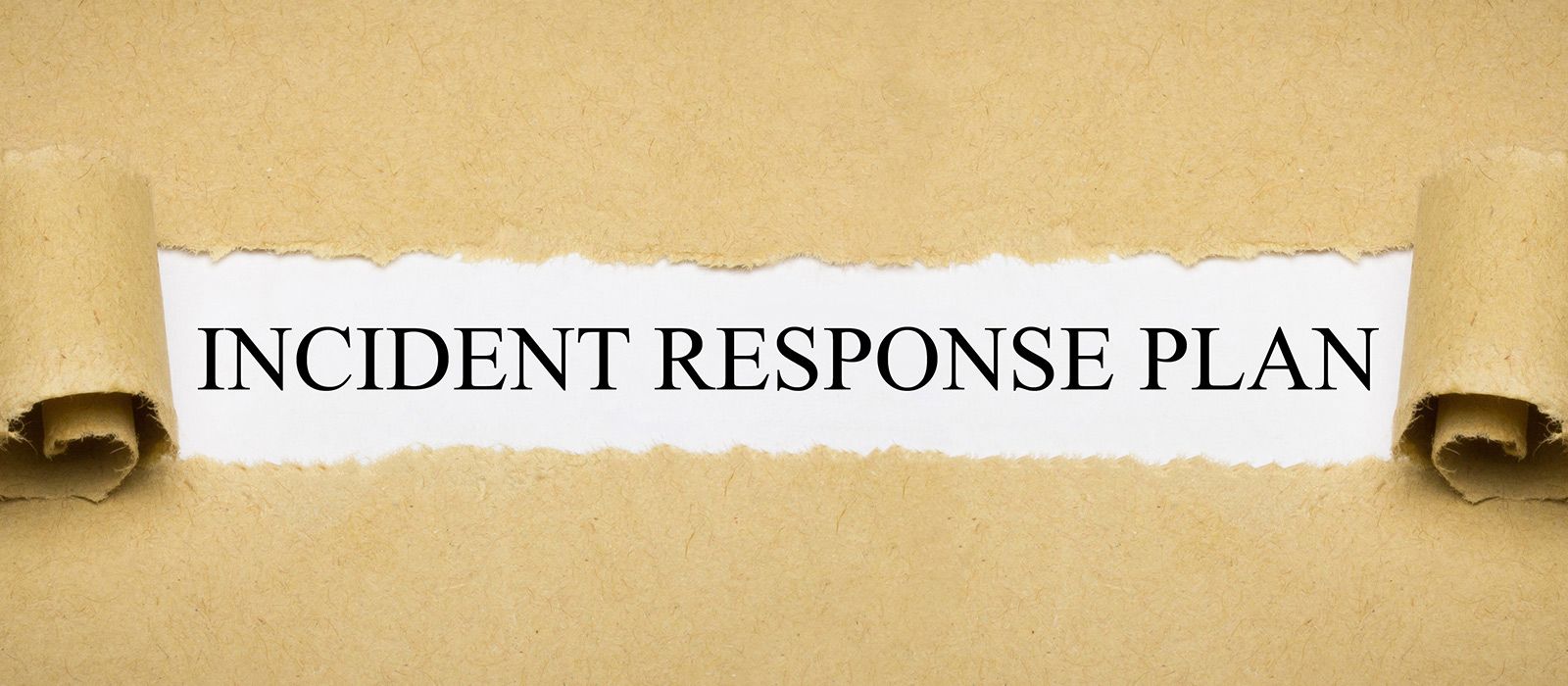Rather than referring someone in the midst of a mental health crisis to the emergency room or to law enforcement, individuals can be deflected to triage services, embedded mobile crisis units, or a peer specialist. If alternatives are not available, emergency room visits provide an opportunity to identify and refer individuals to mental health treatment and services. Screeners and targeted questioning can help identify underlying mental and behavioral health needs even if not the presenting reason for the emergency room visit. Proper training for professionals and hospital staff is key at this intercept, and care must be taken to not “board” people with behavioral health needs in emergency rooms while waiting for other service connections to be made.
Learn More About Deflection
- NADCP Journal for Advancing Justice, Emerging Best Practices in Law Enforcement Deflection and Community Supervision Programs
- Vera Institute, Behavioral Health Crisis Alternatives: Shifting from Police to Community Responses
- Council of State Governments Justice Center, Behavioral Health Diversion Interventions: Moving from Individual Programs to a Systems-Wide Strategy
- International Association of Chiefs of Police, Examining Law Enforcement's Use of Citation in Lieu of Arrest Across the United States
- National Association of State Mental Health Program Directors, A Comprehensive Crisis System: Ending Unnecessary Emergency Room Admissions and Jail Bookings Associated with Mental Illness
- R Street, Statewide Policies Relating to Pre-Arrest Diversion and Crisis Response
- Bazelon Center, Diversion to What? Evidence-based Mental health Services that Prevent Needless Incarceration
- National League of Cities, Reducing the Use of Jails: Exploring Roles for City Leaders
- SAMHSA, Tailoring Crisis Response and Pre-arrest Diversion Models for Rural Communities
